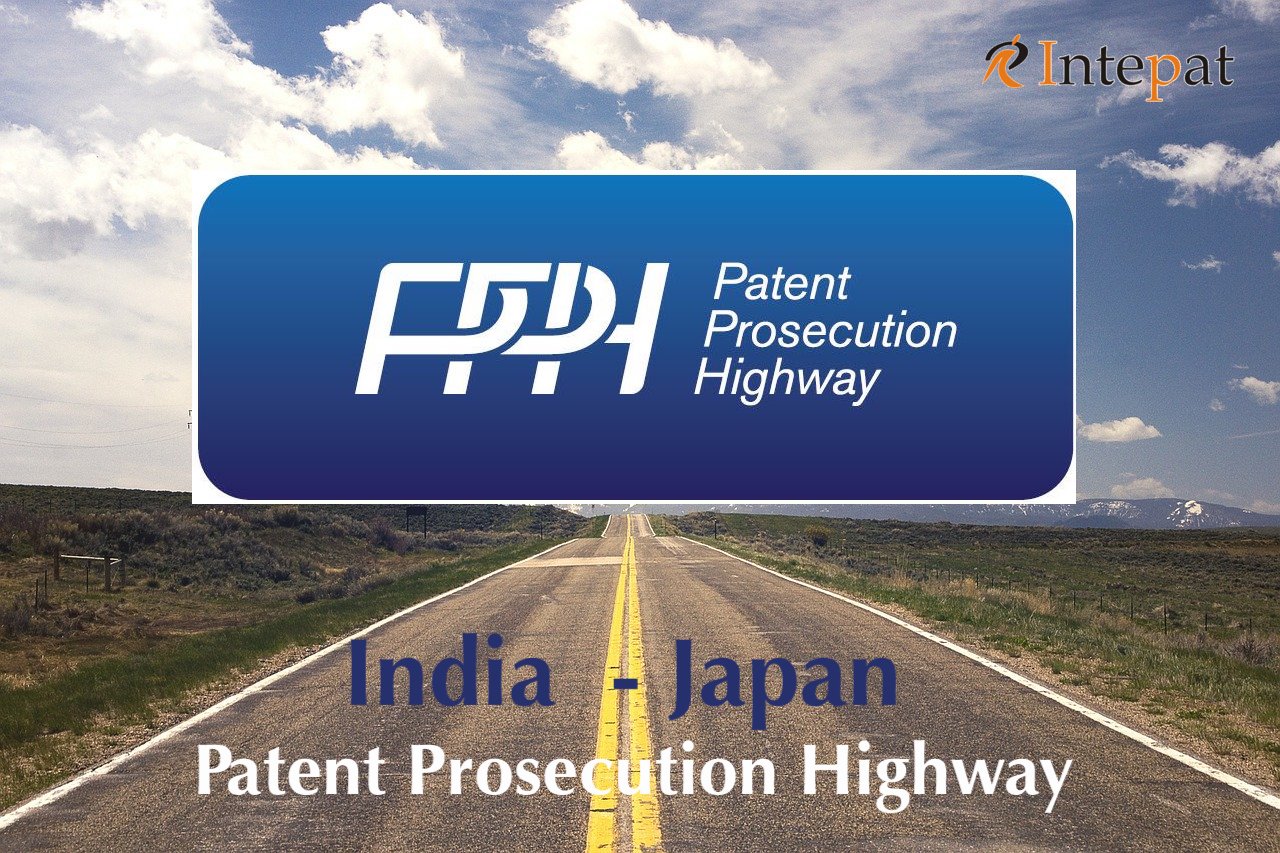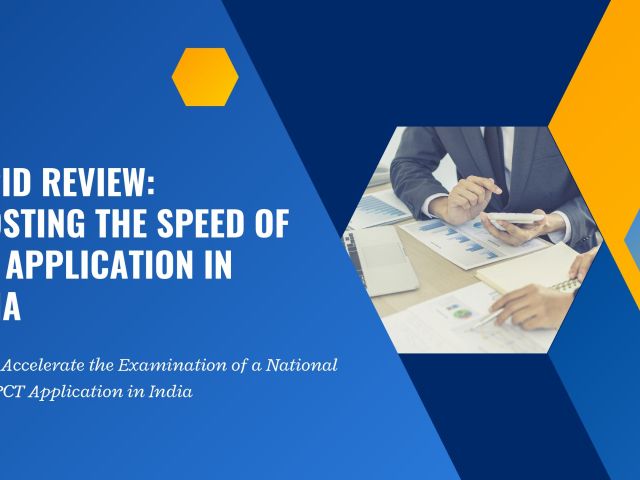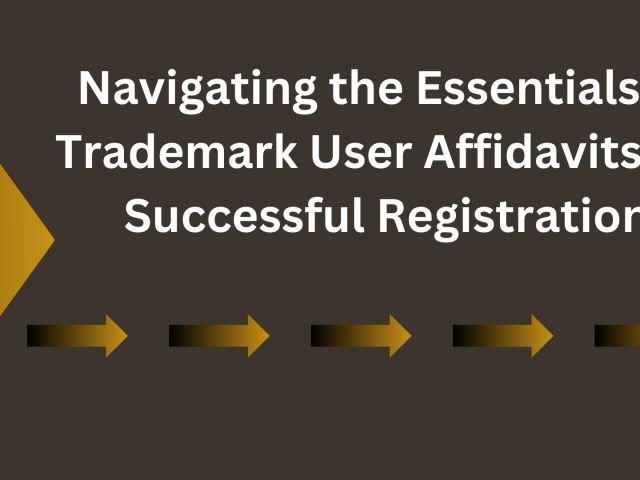A particular invention about a product or a process is patentable in India only if it is novel, has an inventive step, and is competent enough for industrial purposes. However, it is requisite that the same does not fall into the category of non-patentable inventions as per Sections 3 and 4 of the Indian Patents Act, 1970.
To make a product/process patentable in India, the applicant is required to get through the process of patent prosecution, which begins from filing the application until the endmost stage of patent grant/rejection.
On account of a surge in the filing of patent applications, the need for an expedited procedure for its prosecution is inevitable. Bearing the same in mind, the Patent Prosecution Highway Program has been commenced in India.
The article attempts to provide an analytical purview of the functionality of procedure relating to the patent examination system in India in light of the Patent Prosecution Highway Program.
EXAMINATION OF PATENT APPLICATIONS
After a request for examination is filed, the Controller refers the same, and the specification and other documents related thereto to an examiner for making a report to him as per the provisions of the Act and the Rules made there-under. Subsequently, the application is scrutinized to assess if the same is per the specifications set. The existence of legitimate bases for dissent to the grant of patent is also checked as a part of the process.
PATENT PROSECUTION HIGHWAY PROGRAM IN INDIA
The Indian Patent Office (IPO) under Controller General of Patents, Design and Trade Marks (CGPDTM), Government of India and the Japan Patent Office (JPO) have commenced a Bilateral Patent Prosecution Highway pilot program (“PPH Pilot Program”) consisting of Normal PPH and PPH MOTTAINAI based on the Joint Statement of Intent (JSoI).
A set of guidelines has been issued to address the procedures that applicants are expected to take in order to request a speedy examination. Under this pilot program, the Indian Patent Office is authorized to accept patent applications about specified technical fields, like electrical, electronics, computer science, information technology, physics, civil, mechanical, textiles, automobiles, and metallurgy. Japan Patent Office can accept applications relevant to every sphere of technology.
What does the future hold?
Owing to the influence of globalization, numerous patent applications are being filed, and the digits of the same are escalating most swiftly. The rise in duplication of work among the patent offices is evident. Given the weighty pile of patent applications and the consequent deferral in acquiring patents, several inventors have traditionally opted to stay away from Indian markets.
Thus the need for an initiative to expedite the procedure of patent examination was inevitable.
In due course of time, the PPH program shall yield several rewarding benefits like reduction in disposal time and pendency of patent applications along with consistency in the quality of granted patents. The PPH program is indeed a golden opportunity for Indian inventors, including MSMEs and Start-ups of India, to get an expedited examination of their patent applications in Japan.
It will be possible for Japanese inventors who are heedful to the protection of patents in India to make the most of the accelerated examination procedure under the pilot program on PPH.
Though PPH has eased the examination procedure of patent applications not escorted by the assurance of granting the patent, the involvement of specific risks in this program is evident.
The rules, regulations, as well as processes, vary from one country to another, which may undoubtedly lead to inconsistencies and adverse consequences.
The concern regarding the coherence of Indian patent law with those of Japan cannot be done away with. The Indian Patent law lacks strict standards or scrupulous laws as laid down by other countries with which such agreements are implemented subsequently.
Expeditious examinations, which are proclaimed to be the most striking aspect of PPH, undoubtedly have the possibility of missing the cautious layer of inspection furnished by pre-grant oppositions.
CONCLUDING REMARKS
The procedure of examination is one of the pivotal stages in the process of granting a patent, and the same is diligent enough. Every coin has two faces. Similarly, the application of the PPH program in the Indian context has its own advantages as well as drawbacks. The PPH program is acknowledged as it ensures a rapid and productive assessment of the applications. However, when such a procedure is made applicable in a developing country like India, steps are ought to be taken for making the implementation of the program constructive enough.




